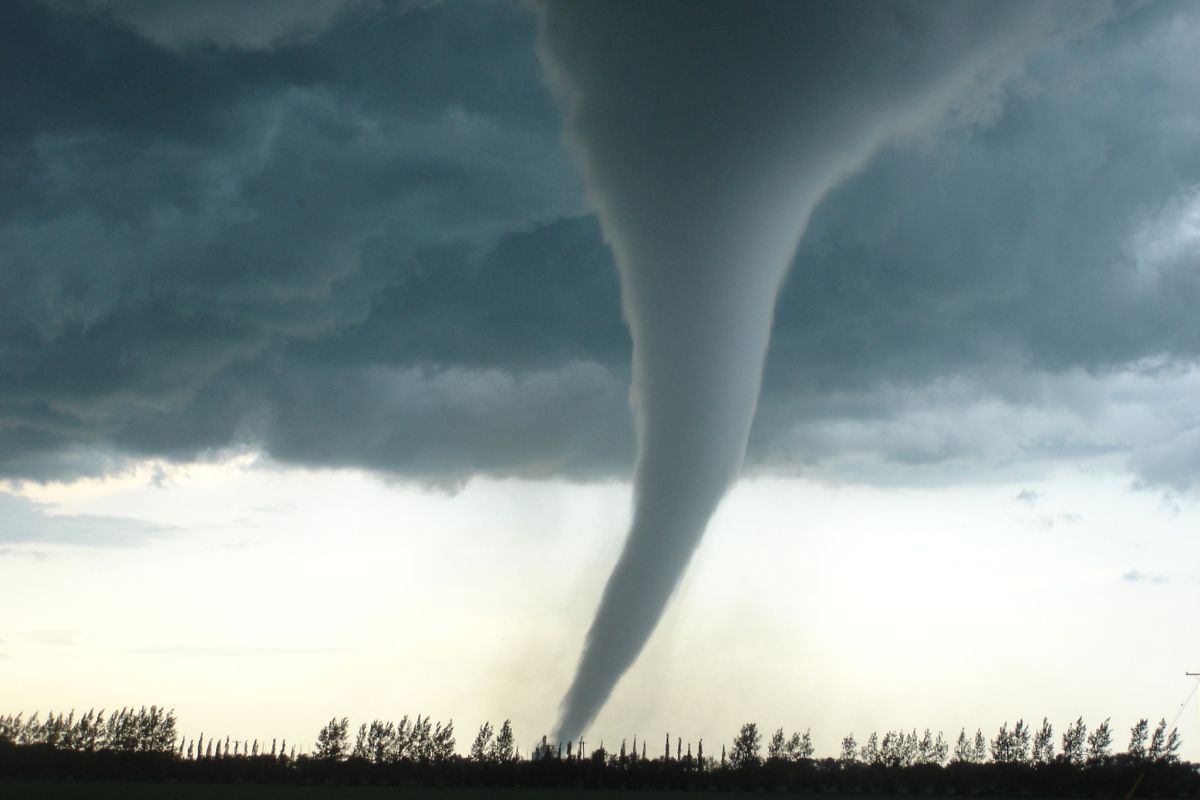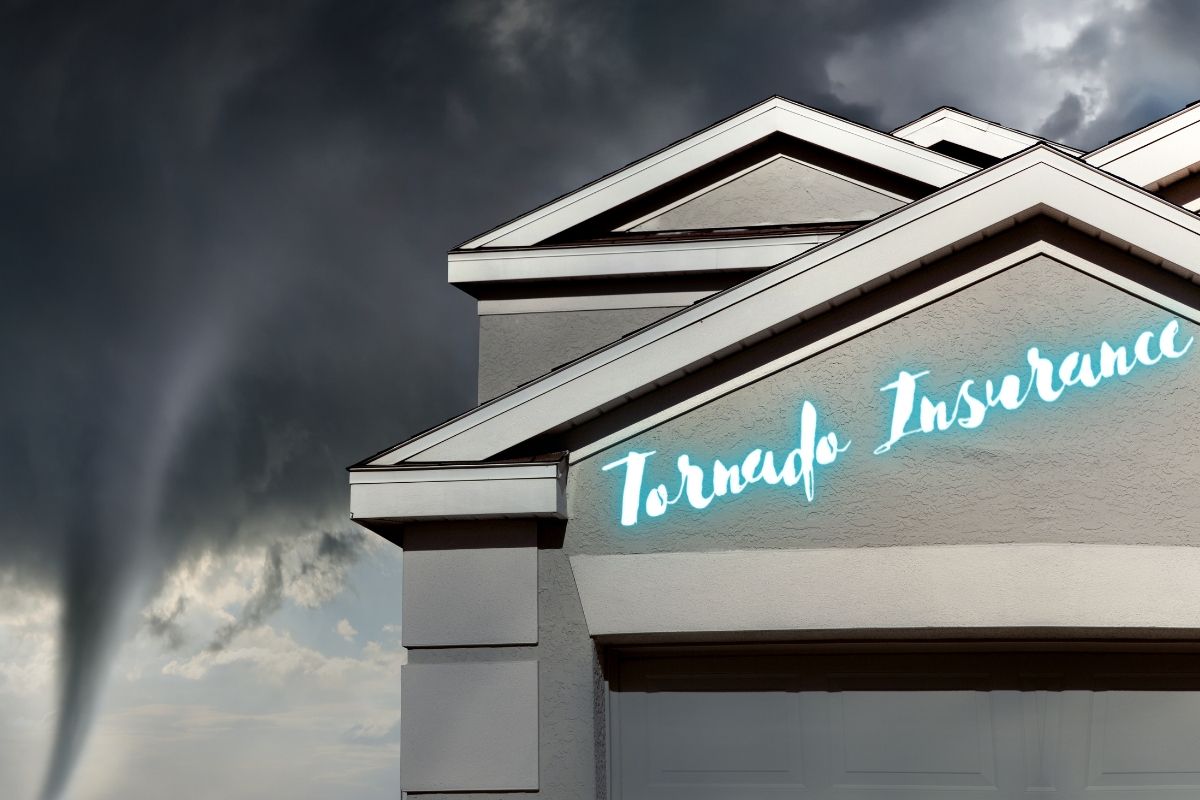The twister in March left a lengthy path of destruction through several parts of the state.
The tornado insurance losses from the twister that ripped through parts of Mississippi in March are rapidly climbing, to the point that they are now nearing $100 million.
Uninsured losses from the damage are expected to be even greater than those that are covered.
The Mississippi Delta experienced particular damage from the storm, and it is among the poorest regions of the United States. As a result, tornado insurance coverage in the area hardest hit by the twister was likely slim.

The storm hit the area on March 24, bashing through the Delta region with winds at 200 mph. The Silver City and Rolling Fork rural communities were devastated. Thirteen people were killed and approximately 300 homes and businesses in Rolling Fork were destroyed. Vast Swaths of the north Mississippi town of Amory also saw significant damage.
The poverty rate in Sharkey County, where Rolling Fork is located, is 35 percent, which is almost double the 19 percent average across Mississippi. The national rate is 12 percent. The twister slammed through areas already facing severe economic challenges and that were already facing new struggles such as climbing interest rates and high inflation.
According to the Mississippi Emergency Management Agency, almost 380,000 cubic yards of debris have been cleared since the storm made its way through.
Tornado insurance data is still being collected, though losses are expected to rise higher than $100 million.
According to Mississippi Insurance Commissioner Mike Chaney, it remains too early to accurately estimate a final total. That said, losses are already approaching $100 million and are expected to grow beyond that amount both in insured and uninsured damage.
“We just hope and pray we can get everything solved for these people,” said Chaney in a statement quoted by PBS. “We’ve got some long lead times, and what bothers us is we’ve got about 3,000 claims that are still open.”
As tornado insurance can involve several different types of policy, this can lead to a delay in payments from insurers. Damages twisters cause are usually covered under standard homeowners’ and business policies. Some auto policies will also cover vehicles, said Chaney’s office.

